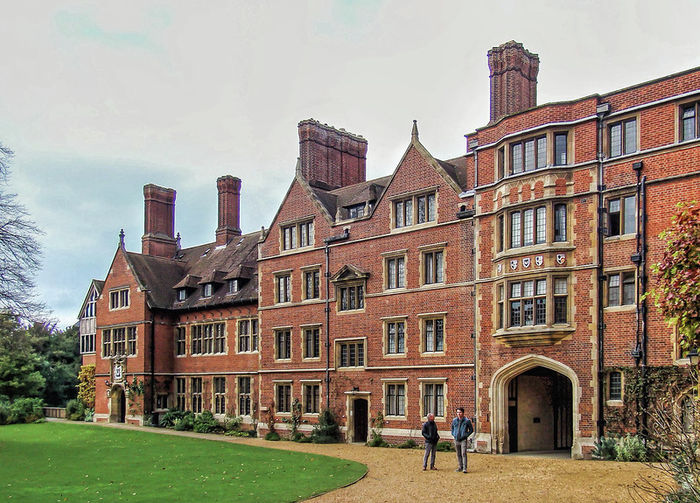Cambridge calls for green banking partners
A coalition of UK universities has called for money managers that do not ‘contribute’ to fossil fuel expansion

The University of Cambridge is leading a new effort to avoid banking partners that “do not contribute to the financing of fossil fuel expansions,” in collaboration with 60 other UK universities and trusts.
Yesterday, the group of higher education institutions sent a formal request to banks and fund managers to cease their investments in non-renewable energy.
The coalition includes among others, Oxford, UCL, LSE, Edinburgh, and Leeds, and possesses a collective wealth of over £5 billion.
The Request for Proposals (RfP) sets out the coalition’s commitment to the “avoidance of financing fossil fuel expansion”, asking banks to create more environmentally friendly products.
The statement marks an effort to “direct funding” towards renewable energy and away from fossil fuels, particularly in low-income countries, Cambridge has said.
Antony Odgers, the University’s chief financial officer, expressed his goal to avoid the financing of “new coal and gas-fired plants” that would “lock in demand for decades”.
Heather Davis, Cambridge’s Head of Group Treasury, said: “The University treasurers in this group all share a common goal, which is to manage money in a way that doesn’t contribute to the financing of fossil fuel expansion and to find something that aligns with the IEA Net Zero Emissions Scenario, and that is lacking in the cash space at present.”
The announcement comes after Cambridge informed banks and asset managers in December that it is looking for a banking partner that does not “finance fossil fuel expansion”.
The move put the University’s centuries-long ties with Barclays under threat, as the bank faces increasing pressure from institutions and campaigners alike.
Last month, student campaigners occupied Cambridge’s St Andrew’s Street Barclays branch, calling for the bank to cut ties with the fossil fuel industry and Israel.
Jenny, an organiser with Cambridge Palestinian Solidarity Campaign, told Varsity that the two campaigns are interlinked: “We see our demands as being interconnected because the oppression of many people around the world, generally not of rich western countries, is tied up with climate change.”
 News / SU reluctantly registers controversial women’s soc18 December 2025
News / SU reluctantly registers controversial women’s soc18 December 2025 Features / Should I stay or should I go? Cambridge students and alumni reflect on how their memories stay with them15 December 2025
Features / Should I stay or should I go? Cambridge students and alumni reflect on how their memories stay with them15 December 2025 News / Dons warn PM about Vet School closure16 December 2025
News / Dons warn PM about Vet School closure16 December 2025 News / Cambridge study finds students learn better with notes than AI13 December 2025
News / Cambridge study finds students learn better with notes than AI13 December 2025 News / CUP announces funding scheme for under-represented academics19 December 2025
News / CUP announces funding scheme for under-represented academics19 December 2025









